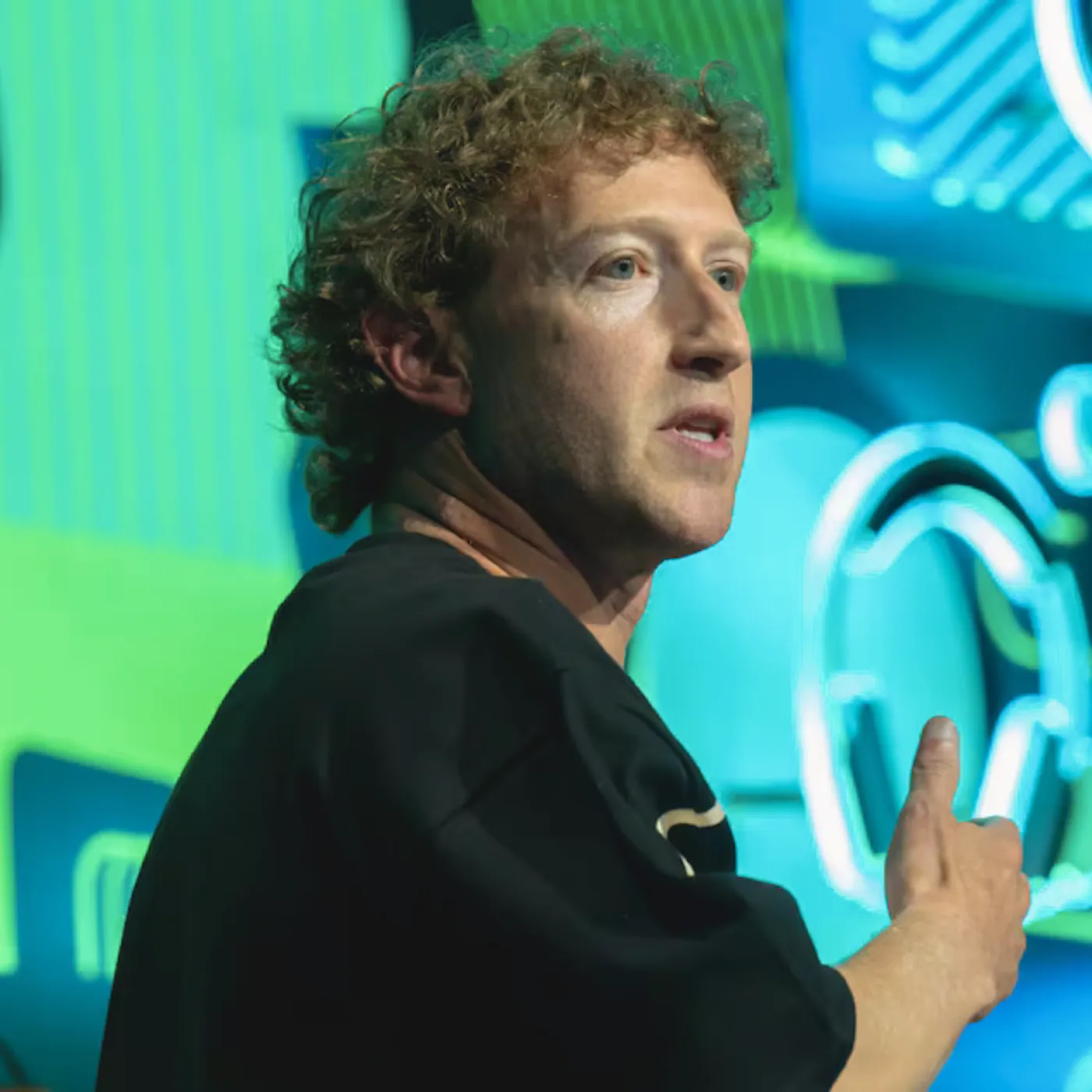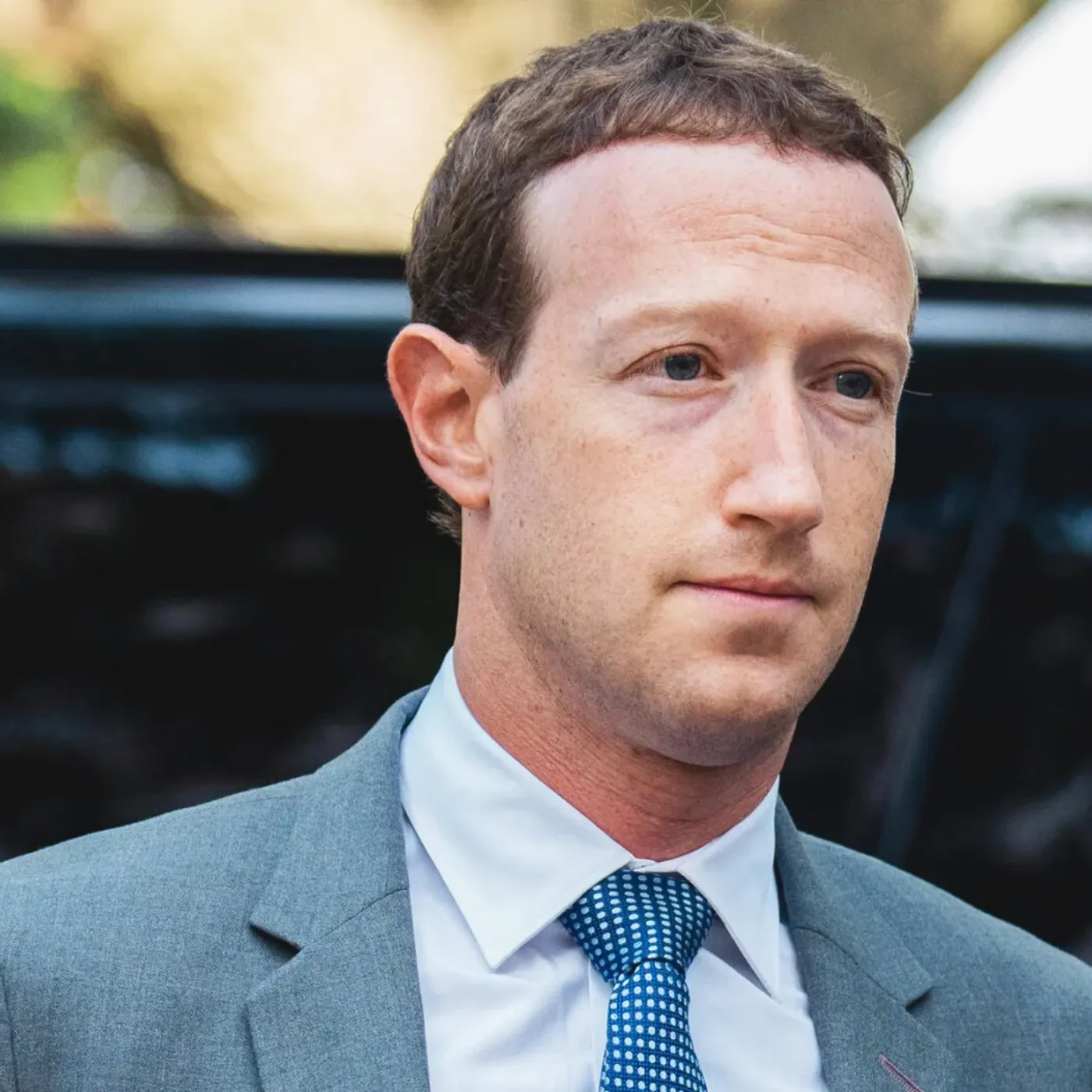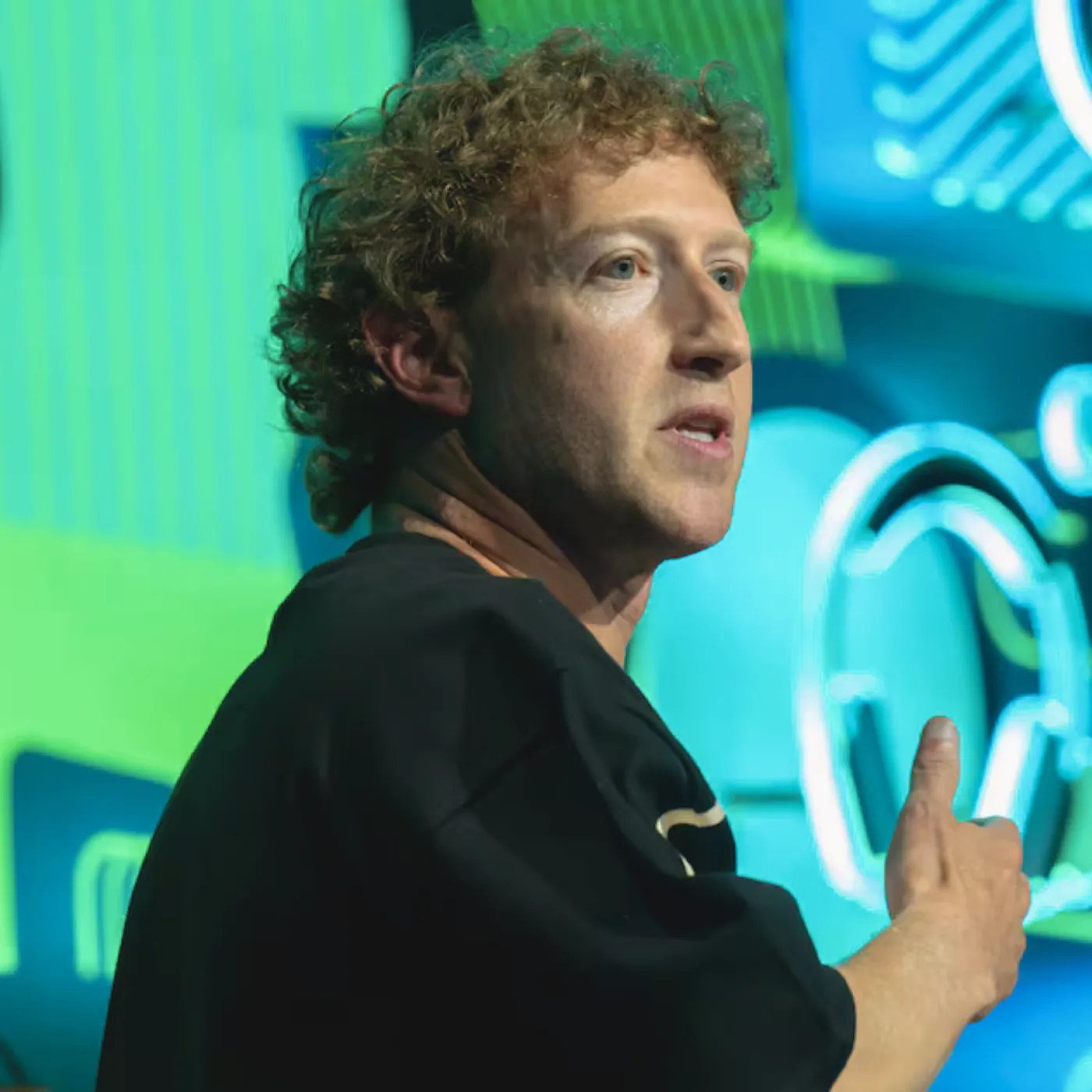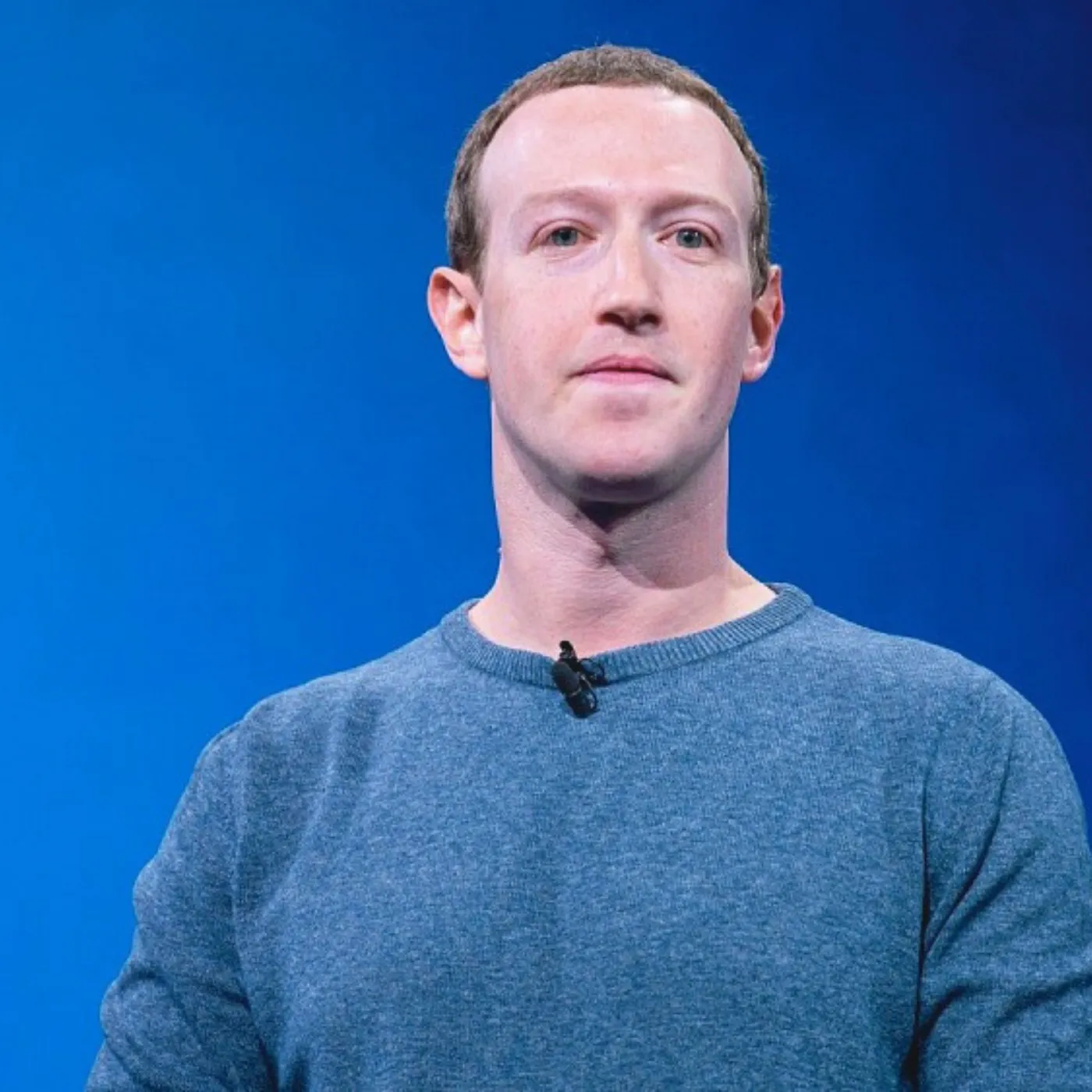

Elon Musk’s Ex Just Roasted Mark Zuckerberg’s Metaverse Dreams And It Is Brutal
In the wild world of tech and celebrity culture, few things spark viral debates like clashes between industry icons—and when Elon Musk’s ex-girlfriend Grimes throws shade at Mark Zuckerberg’s Metaverse leadership, the internet erupts. This isn’t just some casual jab; Grimes has publicly questioned Zuckerberg’s ability to lead the Metaverse, calling him “wildly underqualified.” This bold statement has sent shockwaves through Silicon Valley and social media alike, igniting heated conversations about who truly deserves to shape our digital future.

Let’s dive deep into what Grimes said, why it matters, and what it reveals about the larger battle for control of the metaverse.
Who Is Grimes—and Why Does Her Opinion Matter?
Claire Boucher, professionally known as Grimes, is no ordinary pop star. She’s an innovative artist and tech-savvy entrepreneur with a sharp mind for futuristic concepts. Beyond her musical fame, Grimes has been a prominent voice in discussions about technology, artificial intelligence, and virtual realities.
Her relationship with Elon Musk—arguably the most high-profile tech entrepreneur of our generation—catapulted her even further into the spotlight, blending celebrity culture with cutting-edge innovation talk. So, when Grimes criticizes someone like Mark Zuckerberg, it’s not just gossip; it’s a serious critique from a tech insider with cultural influence.
Grimes’ Controversial Take on Zuckerberg’s Metaverse Leadership
During a recent interview and follow-up social media posts, Grimes didn’t hold back. She stated that Mark Zuckerberg is “wildly underqualified” to lead the metaverse revolution and that his approach is shortsighted and fundamentally flawed.
She questioned his technical aptitude, visionary skills, and leadership style, implying that Zuckerberg’s vision for the Metaverse is out of touch with the real potential and complexities of this emerging digital universe.
Grimes said, “The metaverse is so much bigger than VR headsets and virtual hangouts. It needs true visionaries, not just code monkeys running algorithms. Zuckerberg is wildly underqualified for this.”
This statement hit a nerve because Zuckerberg has positioned himself as the face of the metaverse, investing billions through Meta (formerly Facebook) to build what many see as the future of online interaction. But Grimes’ blunt critique suggests that this leadership may be more hype than substance.

Why Is This Clash So Important?
The metaverse isn’t just tech jargon—it’s the next frontier of how humans will socialize, work, play, and even shop online. Imagine a world where physical boundaries vanish, where virtual reality, augmented reality, and digital economies merge seamlessly.
Given the enormous potential economic and cultural impact, the question of who leads this space is critical. If the wrong leadership dominates, the metaverse could become a disappointing echo of failed VR projects from the past, or worse, a dystopian digital wasteland controlled by monopolistic giants.
Grimes’ blunt condemnation raises the alarm bells for tech insiders and everyday users alike:
Is Zuckerberg’s vision too narrow?
Is Meta’s current strategy failing to innovate?
Will the metaverse become just another corporate playground instead of a revolutionary new world?
Mark Zuckerberg’s Metaverse: A Reality Check
Since rebranding Facebook to Meta in late 2021, Zuckerberg has thrown massive resources behind the metaverse, aiming to make it the “next big thing” after social media. Meta has developed VR hardware like Oculus Quest, virtual spaces like Horizon Worlds, and ambitious plans for immersive online experiences.
But the rollout has been rocky:
User adoption is still sluggish.
Many critics say the experiences feel clunky and uninspired.
Privacy concerns and corporate control fears persist.
Even some within tech circles see Meta’s vision as focused on selling hardware and capturing data rather than truly building a new digital society.
What Makes Grimes’ Criticism Stand Out?
Unlike typical tech analysts or rival CEOs, Grimes occupies a unique intersection of art, technology, and pop culture. She embodies the kind of visionary spirit the metaverse needs—creative, tech-forward, and culturally savvy.
Her critique feels like a wake-up call from an unexpected source, reminding us that building the metaverse requires more than money and infrastructure—it requires
Authentic creativity
Deep understanding of digital culture
Open innovation and collaboration
Leadership that inspires, not just commands
Grimes’ bluntness also reflects a growing frustration with Silicon Valley’s top-heavy, billionaire-driven tech scene, where big bets often overshadow genuine innovation.
What the Public Is Saying: Social Media Reacts
As expected, social media exploded after Grimes’ remarks went public. Here’s what’s trending on Facebook, Twitter, and TikTok:
Fans of Grimes praised her for calling out Zuckerberg, calling her a “truth-teller” and “voice of reason.”
Zuckerberg supporters fired back, accusing Grimes of jealousy and misunderstanding tech leadership.
Tech influencers debated the merits of each side, with many agreeing the metaverse is still early and uncertain ground.
Memes flooded Facebook feeds portraying Zuckerberg as a disconnected “tech boss” and Grimes as the rebellious visionary.
This digital showdown between two icons has dominated trending hashtags, with #GrimesVsZuckerberg and #MetaverseDrama exploding in reach.
The Stakes Are High for the Future of the Metaverse
Grimes’ criticism taps into a larger concern about how the metaverse will evolve: Who gets to shape the digital world of tomorrow?
Will it be controlled by traditional tech giants like Meta, prioritizing profit and control?
Or will visionaries with fresh perspectives push the boundaries and build inclusive, creative, and dynamic virtual worlds?
This clash isn’t just personal; it’s emblematic of the cultural and technological crossroads the Metaverse faces.
What Should Mark Zuckerberg Do Now?
In the wake of this public roast, Zuckerberg’s next moves will be watched closely. To regain trust and prove his leadership:
He needs to embrace more diverse voices in the metaverse development process.
Focus on innovation beyond VR hardware—explore AI, digital economies, and new social paradigms.
Address privacy and ethical concerns head-on to reassure users.
Show genuine humility and openness to criticism from outside his inner circle.

Conclusion: The Metaverse Needs More Than Just Money and Power
Elon Musk’s ex-girlfriend Grimes just threw down a challenge to the tech world: The metaverse is not a game for the “wildly underqualified.” It demands visionary leadership, bold creativity, and a deeper understanding of what digital culture can become.
Whether Mark Zuckerberg can rise to that challenge remains to be seen, but one thing is clear—the metaverse battle has only just begun, and it’s already getting heated.
For millions of digital natives and tech fans, this drama is more than gossip—it’s a critical question about the future of online life and how humanity connects in a rapidly changing world.


















